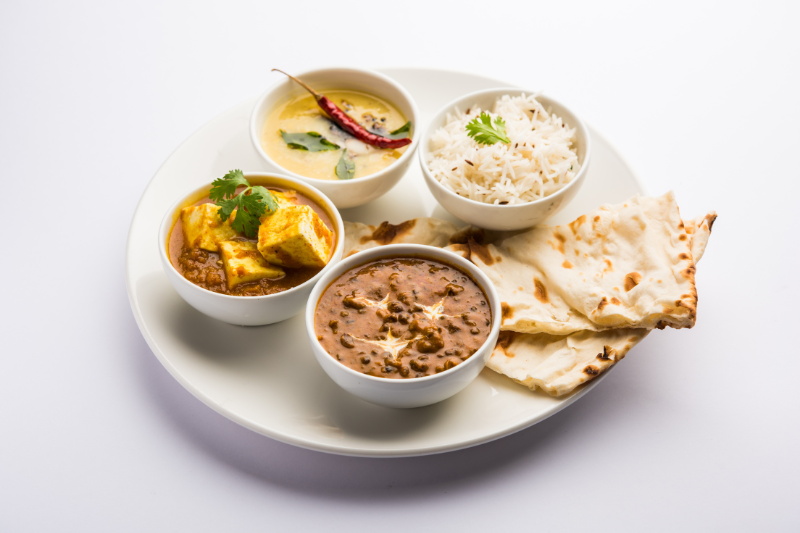Bloating is one of the most uncomfortable (and frustrating) digestive issues. That tight, gassy, swollen feeling in your belly can ruin your day and make even healthy foods feel like the enemy.
While bloating can have many causes—like eating too fast, stress, or gut imbalances—your diet is often the biggest trigger. Some foods are harder to digest and tend to produce excess gas in the gut.
Here are the most common foods that cause bloating and what you can eat instead:
1. Beans & Lentils
Beans and lentils are high in fiber and packed with nutrients—but they also contain oligosaccharides, a type of carbohydrate that ferments in the gut, leading to gas and bloating.
Tip: Soak beans and lentils overnight, cook them thoroughly, and pair with digestion-friendly spices like cumin, ginger, or asafoetida (hing).
2. Cruciferous Vegetables
Broccoli, cauliflower, cabbage, and Brussels sprouts are rich in fiber and sulfur compounds. While healthy, they can be difficult to digest, often causing gas.
Tip: Steam or sauté these vegetables instead of eating them raw to make them gentler on digestion.
3. Onions & Garlic
Onions and garlic are high in fructans, a type of carbohydrate that many people with sensitive guts struggle to digest. They can cause gas, bloating, and abdominal discomfort.
Tip: Try cooking them well or using herbs and spices like chives, fennel, or ginger as alternatives.
4. Dairy Products
Milk, cheese, and ice cream contain lactose, which many adults cannot fully digest. This can cause bloating, cramping, and diarrhea.
Tip: Switch to lactose-free milk, almond milk, coconut yogurt, or other non-dairy alternatives.
5. Carbonated Drinks
Sodas, sparkling water, and beer release carbon dioxide gas, which gets trapped in your digestive system—leading to bloating and burping.
Tip: Replace fizzy drinks with still water, herbal teas, or infused water with lemon or mint.
6. Wheat & Gluten-Containing Foods
Bread, pasta, and baked goods can cause bloating in people sensitive to gluten or to the fructans in wheat.
Tip: Try gluten-free grains like rice, quinoa, oats, or millet if wheat makes you bloated.
7. Apples & Pears
Though healthy, apples and pears are high in fructose and polyols (sorbitol), which can ferment in the gut and trigger bloating.
Tip: Eat smaller portions or swap with low-FODMAP fruits like strawberries, blueberries, or bananas.
8. Artificial Sweeteners
Sugar alcohols like sorbitol, xylitol, and mannitol (often in sugar-free gum and protein bars) are poorly absorbed in the gut and ferment, leading to gas.
Tip: Limit artificial sweeteners and choose natural options like stevia or small amounts of raw honey.
9. Processed & Packaged Foods
Chips, fried snacks, and fast food are high in fat and sodium, which slow digestion and cause water retention—leading to that puffy, bloated feeling.
Tip: Stick to fresh, whole foods and keep processed options to a minimum.
Final Thoughts
Bloating doesn’t mean you have to give up healthy foods completely—it’s about understanding your triggers and preparing foods in a gut-friendly way. By avoiding common culprits like beans, cruciferous veggies, dairy, and carbonated drinks (or eating them more mindfully), you can reduce bloating and feel lighter.
Everyone’s gut is unique, so keep a food diary to track your symptoms and discover which foods affect you most.


